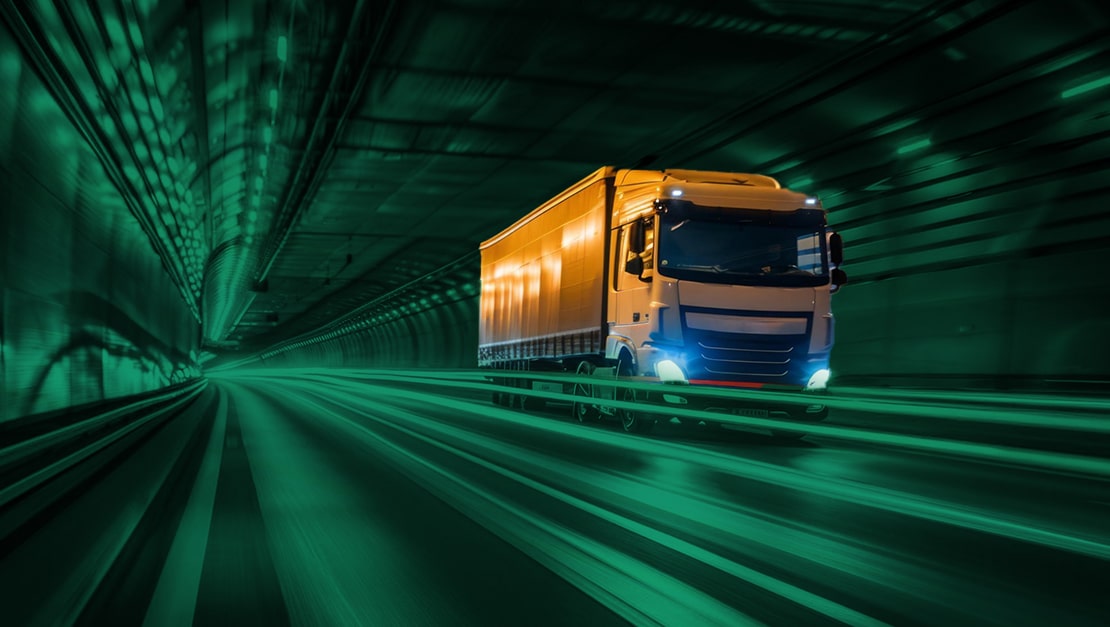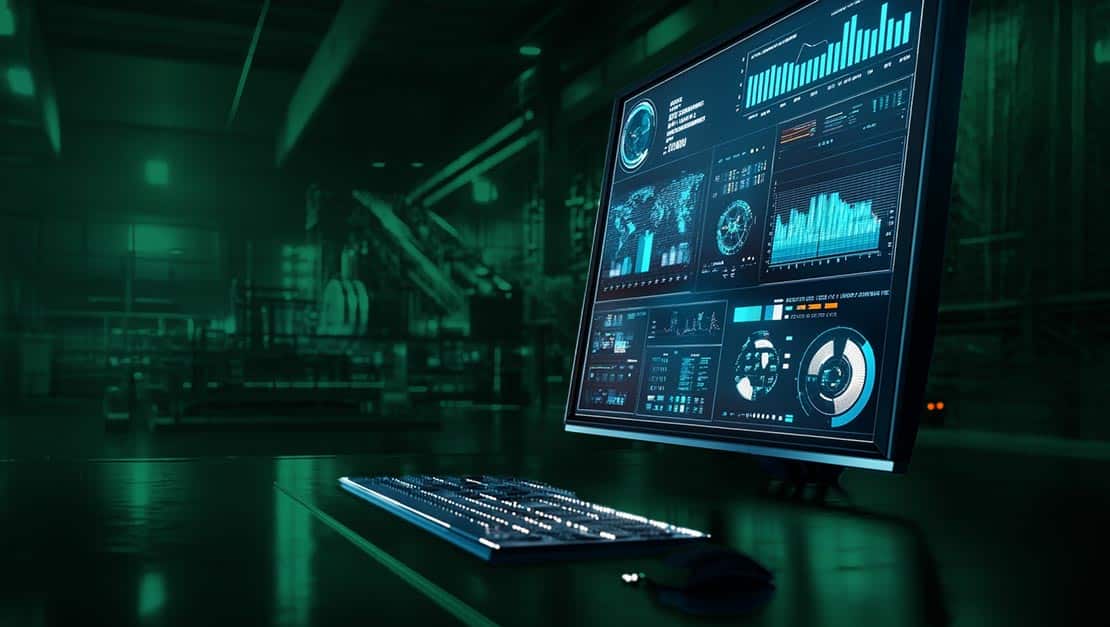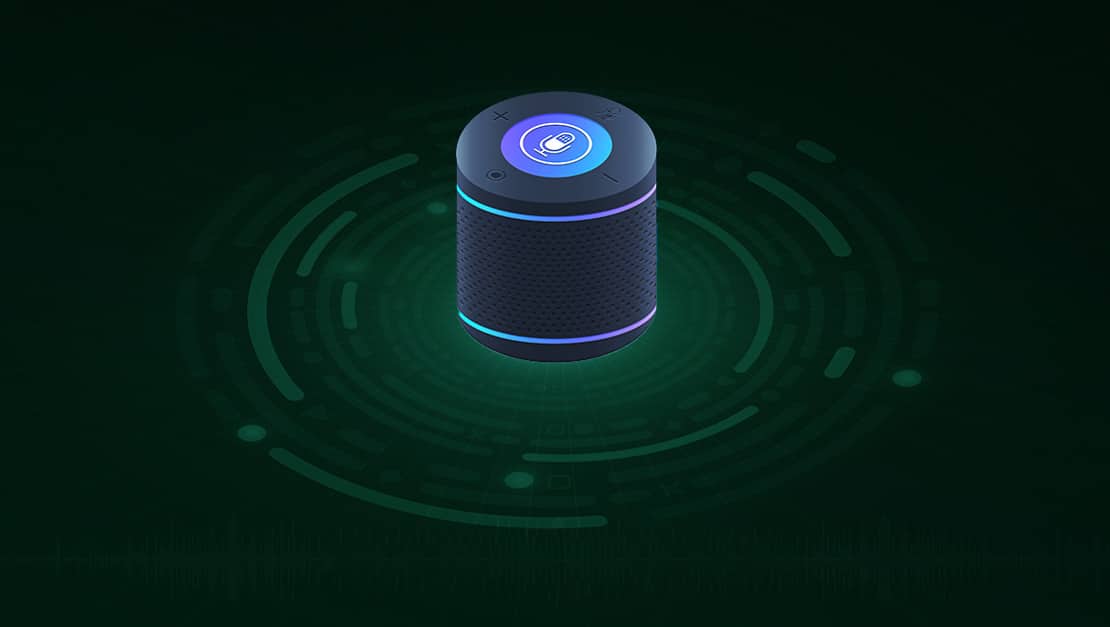What is your first thought when the word “transportation” comes to mind? Gone are the simple days of wagons, trains, and even cars as we know them. The artificial intelligence (AI) revolution is accelerating at an incomprehensible speed and has become increasingly applicable to our everyday lives. With concern to the transportation industry, AI is helping to increase efficiency, safety, sustainability, and more.
Read on to discover the groundbreaking trends, innovations, and implications of artificial intelligence as it reshapes the way we travel. We’re going to take a look at the future of AI in transportation.

The Current Landscape of AI in Transportation
Let’s put on our imagination glasses for a second and picture a world guided by AI in the transportation sector. We’re not talking about flying automobiles yet, but how about self-driving cars? That’s already in practice and can become the norm in the near future.
These AI-powered vehicles promise unparalleled safety on roads due to their top-tier sensing capabilities and fast reaction times. Powered by intricate algorithms and sensors, self-driving cars can navigate difficult road conditions, detect obstacles, and make immediate decisions without us humans needing to intervene.
Besides autonomous vehicles contributing to road safety, AI has other tools up its sleeve. Predictive analytics and traffic management systems can be used to prevent issues before they happen. By analyzing and compiling data from numerous sources, AI can:
- Suggest a different route to avoid an impending traffic jam
- Optimize fleet operations to decrease costs and incidents
- Notify you when your car needs maintenance
- Monitor and direct traffic in real-time
Furthermore, the future of AI in transportation is expected to significantly increase sustainability across various modes of transportation. On an environmental level, this is done by reducing emissions and optimizing energy usage.
What to Expect: The Future of AI in Transportation
Sounds incredible, doesn’t it? The benefits of AI do not end there. Let’s delve deeper.
AI-Powered Logistics
When it comes to supply chain management, transportation enables the movement of goods from point A to point B. With AI-powered tools, such as speech-enabled AI technology and telematics (for example), fleet managers and executives can retain oversight of the movement of goods. Solutions like aiOla provide an easy-to-use interface for touch or voice so fleet managers can work through processes efficiently and connect otherwise lost data to make informed decisions in real-time.
Smart Infrastructure
Traffic management solutions help to reduce travel time, improve driving experiences, and even cut fuel costs by suggesting the best routes and analyzing traffic patterns in real-time.
Personalized Travel
Besides the day-to-day improvements, the future of AI in transportation also has a lot to offer when it comes to personalized travel experiences. By gaining access to a traveler’s previous trips and preferences, AI platforms can provide customized travel itineraries and even suggest transportation options that align with one’s preferred method of movement.
Impact on Urban Mobility
In urban cities that are densely populated, one of the most common complaints you’ll hear from residents and visitors alike is that traffic is an absolute nightmare. It can negatively impact the quality of life when people spend hours sitting in the car for what should be a short and easy journey.
Urban mobility refers to the movement of people and goods, and AI is assisting in making it a smoother journey for all. Artificial intelligence is helping to drive people forward by saving time, reducing congestion, and enhancing public transportation options.
Traffic Management: You’re likely familiar with ride-sharing platforms like Uber and Lyft, but nowadays, companies like Waymo are test piloting ride-sharing services that are run by autonomous vehicles. Along with self-driving cars, AI-powered traffic management is creating smart cities with emptier streets as algorithms crunch real-time data to predict congestion and improve signal timing or offer new routes to drivers on the road.
Smart Parking Management: Additional improvements include advents like smart parking management, which can direct people to open parking spots via smartphones.
Rural Mobility: To improve the connections between rural areas and urban centers, AI can be applied to analyze traffic patterns and better direct public transportation routes, so people can get places faster.
These are just a few examples of how the future of AI in transportation is reshaping urban mobility for the better.
Challenges and Considerations
Artificial intelligence has brought a lot to the table in every industry and is dramatically changing how companies operate. That being said, there exists a fair share of considerations to take into account when implementing any new technology.
In this case, these are a few challenges to be aware of and prepare to overcome:
Security and Regulations
Since AI relies on data to function, a main concern is threats to security and safety. Top-notch cybersecurity measures are imperative to protect transportation networks.
Workforce Impact
When it comes to implementing AI solutions (like aiOla) within companies, adequate change management is necessary. It’s important that teams know that AI isn’t there to replace their purpose, but rather it can be used to augment and improve their capabilities. This way, teams can spend time on tasks that require human intellect and attention, all the while, streamlining the repetitive and routine tasks that they need to get done on a day-to-day basis. Additionally, workforces will have to be trained and develop skills needed to use AI. In the case of aiOla, this does not present an issue because teams can speak in their native languages and accents, or use the touch interface to move through checklists, just as they would with the devices they are already used to using (i.e. an iPhone).
Infrastructure Readiness
When adjusting how things have always been done, robust testing and planning to ensure readiness is a must. For widespread adoption to take place, clear communication and reliable measures must be promised.

How it Happens: Collaboration
The future of AI in transportation doesn’t take place in a silo. To harness the full potential and implement innovation on a widespread scale, collaboration takes place between technology companies, transportation stakeholders, and policymakers,
There are many companies that are already leading the way when it comes to AI in transportation. For example:
- Waze: Using AI for real-time traffic updates, Waze is a GPS navigation app that decreases traffic congestion and enhances urban mobility. Users can add their own updates to notify fellow drivers as to what they can expect on the road ahead.
- aiOla: aiOla is a first-of-its-kind speech-enabled AI technology that understands business-specific jargon in over 100 languages, any accent, and any acoustic environment. From fleet management to food manufacturing floors and everything in between, frontline workers are able to work more efficiently, safely, and collaboratively.
Moving Forward with Speed
When it comes to the future of AI in transportation, we are just getting started. As much innovation has already taken place, it’s safe to only expect more to come. The advents are helping businesses to be able to operate more efficiently, drivers to experience better road conditions, and travelers to access personalized itineraries, to name a few benefits.








